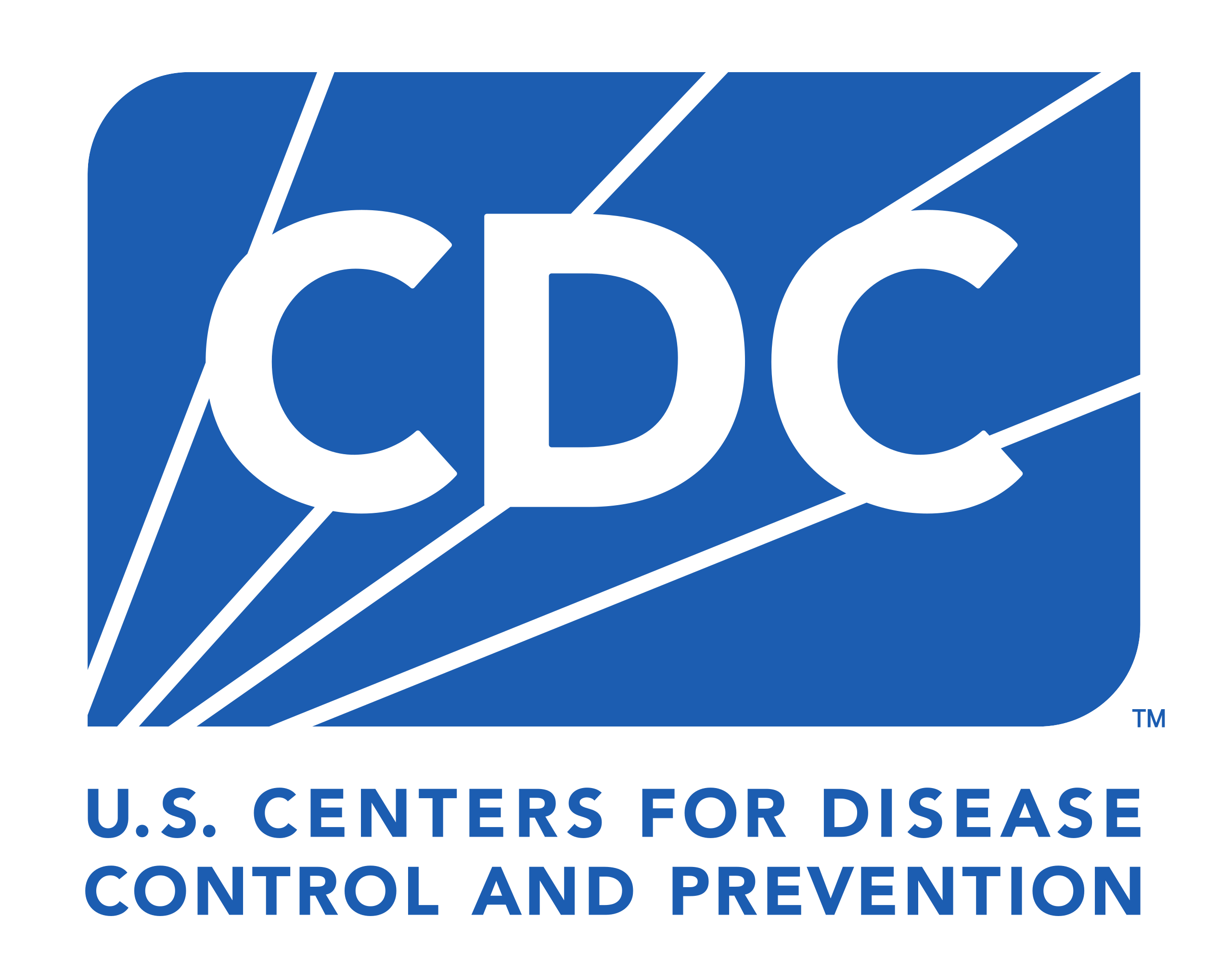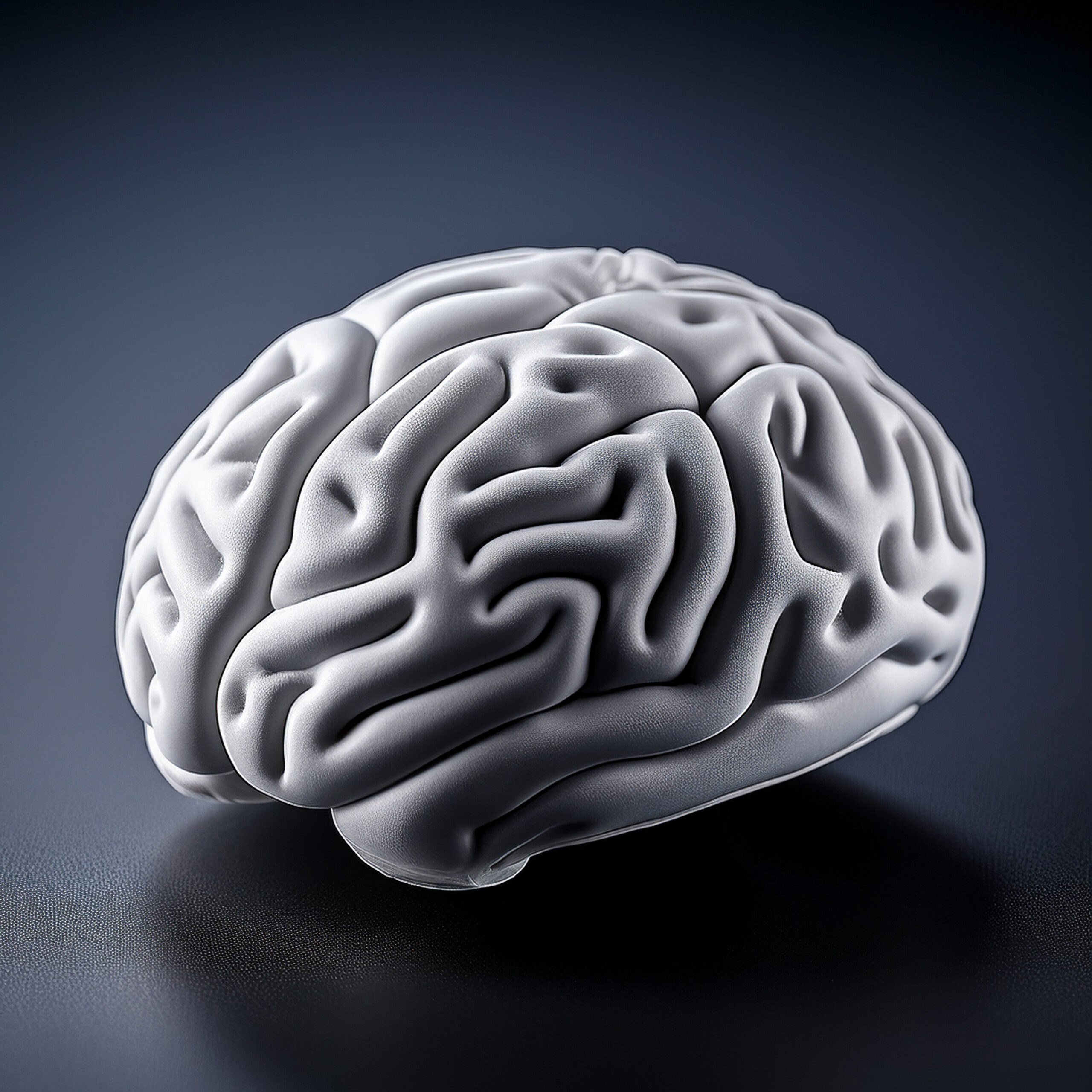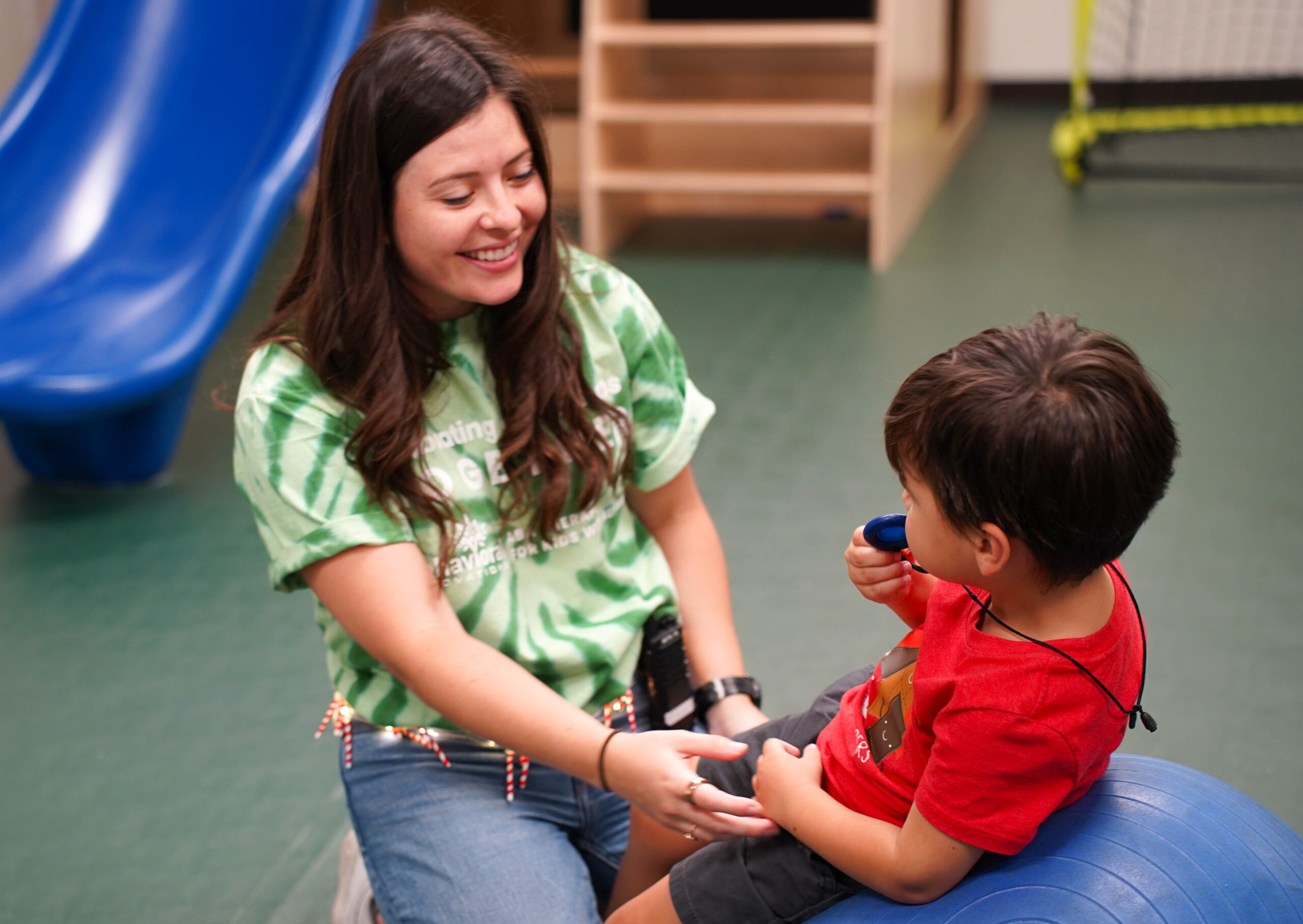If you’ve been following the news, you might have noticed headlines proclaiming a dramatic rise in autism rates. The latest 2025 report from the US Centers for Disease Control and Prevention shows that autism rates are at an all-time high. About 1 in 31 eight-year-old children in the United States (roughly 3.2%) have been identified as autistic. This is a noticeable increase from 1 in 36 in 2020 and 1 in 44 in 2018. These rising numbers have sparked renewed debate and concern, but what is truly behind this trend?
The Power of Diagnosis
The main reason for the increase in autism rates is not that more children are developing autism. Instead, it is due to changes in how autism is defined, diagnosed, and understood. Over the past decades, the criteria for diagnosing autism have broadened. This means:
- More children, especially those with milder symptoms or who might have received different diagnoses in the past, are now recognized as autistic.
- Many children who might have been overlooked before are now included in the statistics.
Increased Awareness and Reduced Stigma
Public and professional awareness of autism has grown significantly, which means:
- Parents, teachers, and healthcare providers are more familiar with the signs of autism and are more proactive in seeking evaluations.
- There is less stigma surrounding the diagnosis, encouraging families to seek assessments and support.
- Social media and advocacy have made autism more visible and better understood.
Geographic and Demographic Differences
CDC data show that autism rates vary widely across the country. These differences are influenced by:
- Variations in screening practices and access to diagnostic services from state to state.
- Local policies that affect how autism is identified and supported.
- Higher prevalence among boys than girls and among children from racial and ethnic minority groups, reflecting both improvements in access and ongoing inequities in healthcare.
Other Contributing Factors
While changes in diagnosis and awareness explain most of the increase, researchers have found a few other contributors:
- Older parental age slightly raises the risk of having an autistic child.
- Advances in medicine mean more premature infants survive, and these children are at higher risk for autism.
- Environmental factors such as air pollution, lead exposure, or infections during pregnancy may play a small role, though they do not account for the overall trend.
What About Vaccines
Extensive research has shown no link between vaccines and autism. The rise in autism rates is not related to vaccination but is instead explained by the factors discussed above.
The idea that vaccines might cause autism originated from a 1998 study by Andrew Wakefield, which was later discredited and retracted for fraud. Since then, numerous large studies around the world, including research involving hundreds of thousands of children, have found no evidence connecting any vaccine or vaccine ingredient to autism.
Importantly, these studies consistently show that autism rates are the same in vaccinated and unvaccinated children. Vaccination status does not affect the likelihood of developing autism.
Despite the clear scientific consensus, the myth persists in public debate, often fueled by misinformation. Health experts continue to affirm that vaccines are safe, essential for preventing serious diseases, and not linked to autism. Concerns about vaccines should not distract from the real factors driving the increase in autism diagnoses.
The Bottom Line
The increase to 1 in 31 children being diagnosed with autism does not mean there is a sudden epidemic or explosion of new cases. The overwhelming evidence shows that this rise is due to evolving diagnostic criteria, greater public awareness, and improved access to services. These are the real reasons for the higher numbers and not some mysterious surge in autism itself.
It is important to be guided by facts, not fear or misinformation. The science is clear: more children are being identified because we are looking more carefully and supporting them more effectively. Believing otherwise ignores decades of research and risks spreading unnecessary panic. Understanding the truth means we can focus on what matters – ensuring every child gets the support they need. That is real progress, and it is something to celebrate, not fear.
Citations
- https://www.semanticscholar.org/paper/120c12e288c747c41e4531b37de2fc0243fd2310
- https://www.semanticscholar.org/paper/ed355d61c7a16622149acae30b3daf2b6cd1191e
- https://www.ncbi.nlm.nih.gov/pmc/articles/PMC11954342/
- https://www.semanticscholar.org/paper/8ae5f6019b759cae6999523974398b1529331d10
- https://www.semanticscholar.org/paper/c693a4a130caeeb995e4d510e9bddb86a96fdda9
- https://www.semanticscholar.org/paper/87f7fdda0cc700ef63823adabd99fcb85db80ebe
- https://www.semanticscholar.org/paper/9dbcffa504997a77c9e7ec131ffdf2910a9d0a37
- https://www.ncbi.nlm.nih.gov/pmc/articles/PMC8388273/
- https://www.reddit.com/r/science/comments/1jzyh9w/autism_rate_rises_to_3_of_children_in_us_cdc/
- https://www.reddit.com/r/Health/comments/1jzy1at/autism_rates_have_risen_to_1_in_31_schoolage/
- https://www.reddit.com/r/LoveOnTheSpectrumShow/comments/1k0ceq9/new_cdc_report_estimates_autism_rate_in_children/
- https://www.reddit.com/r/VaushV/comments/1idu3f3/the_great_autism_war_of_2025/
- https://www.reddit.com/r/nottheonion/comments/1k0oygx/rfk_jr_calls_rising_autism_rate_an_epidemic/
- https://www.reddit.com/r/autism/comments/1k1ilo3/only_3_of_the_population_has_autism/
- https://www.reddit.com/r/dataisbeautiful/comments/1k2poo2/autism_statistics_you_need_to_know_in_2024/
- https://www.reddit.com/r/Autism_Parenting/comments/1k0t970/rfk_has_press_conference_on_autism_and_will_have/
- https://www.reddit.com/r/autism/comments/1djbq9y/can_someone_explain_to_me_what_project_2025_means/
- https://www.reddit.com/r/autism/comments/1cznasy/autistics_living_in_america_any_thoughts_on_how/
- https://www.hhs.gov/press-room/autism-epidemic-runs-rampant-new-data-shows-grants.html
- https://www.nbcnews.com/health/health-news/autism-rates-up-cdc-report-2025-rfk-jr-rcna201305












